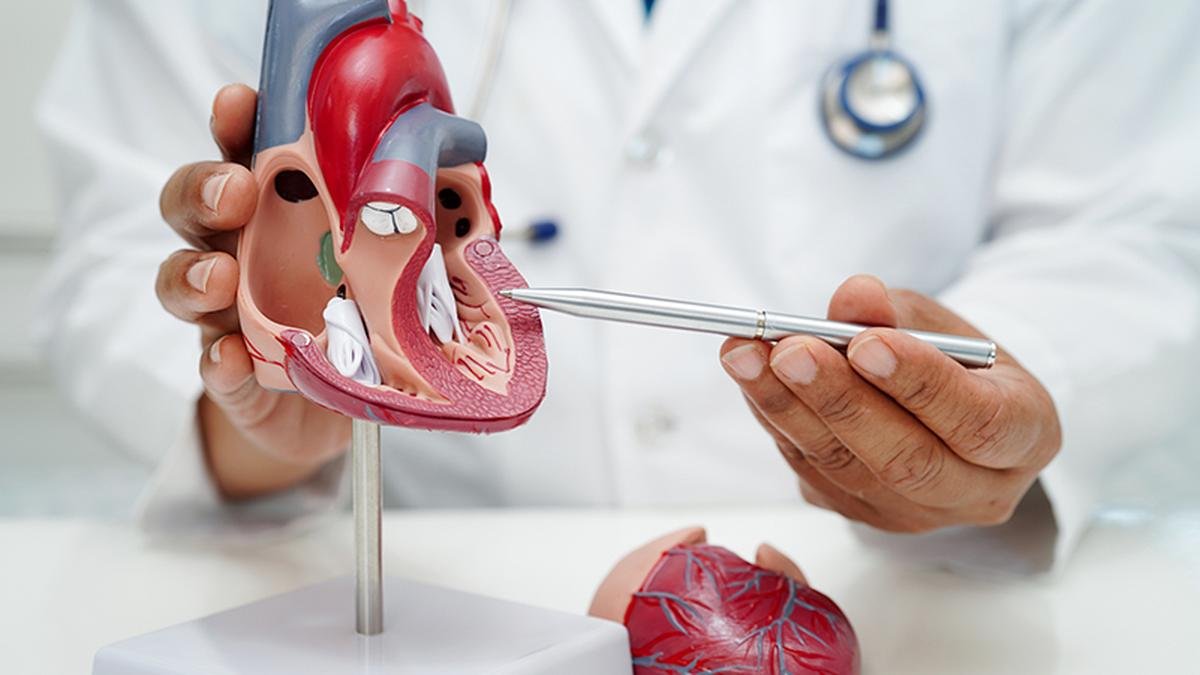Atrial Fibrillation: Early restoration of normal rhythm is crucial, say doctors

AFib is an abnormal rhythm in the heart caused by irregular electrical impulses in the upper chambers of the heart.
| Photo Credit: manassanant pamai
Doctors in the State-run Sri Jayadeva Institute of Cardiovascular Sciences and Research are seeing a rise in the number of patients being treated for Atrial Fibrillation (AFib), an abnormal rhythm in the heart.
While some doctors said this condition is becoming more widely recognised now largely due to the increasing availability and use of wearable devices such as smartwatches that can monitor heart rhythm and detect potential AFib episodes, others differed.
Although alerts through wearable devices allow for earlier diagnosis and management of the condition, such devices are largely worn by the younger generation while AFib is high among the elderly, a few doctors said.
What is AFib?
AFib is an abnormal rhythm in the heart caused by irregular electrical impulses in the upper chambers of the heart. “It can be silent, and the patient may not know about it. It could also present with a stroke or with heart failure. It is usually progressive, and if left undiagnosed and untreated can cause heart disease by itself, worsen pre-existing heart condition conditions, and also damage other organs in the body. In patients who are elderly, the prevalence of atrial fibrillation is about 20%. Even when diagnosed, the common misconception is that it does not cause any problems,” said Rakesh Naik, Associate Professor of Cardiothoracic Surgery at Jayadeva.
“The only way to detect atrial fibrillation is to keep screening for it. Screening is simple and consists of just recording an ECG. Since the episodes can be short-lived, screening usually involves continuous monitoring in patients who are at risk for heart disease or have pre-existing heart disease. Screening has significant value in being able to detect it in this population,” the doctor said.
Deepak Padmanabhan, Consultant Cardiac Electrophysiologist at Jayadeva, said the condition is being diagnosed but is not being treated properly. “There is enough evidence to show that AFib increases the risk of heart failure and stroke in the long term. “That risk is only modifiable only when you get back to normal rhythm. Early restoration of normal rhythm is crucial either by medication or procedure,” he said.
Symptoms
Darshan Krishnappa, Consultant Cardiac Electrophysiologist at the same institute, said symptoms of AFib include irregular heartbeat, where your pulse is not steady. “Heart palpitations, fatigue, breathing difficulty, dizziness and loss of consciousness are the main symptoms. If a person develops these symptoms, he/she needs to see an electrophysiologist,” Dr. Krishnappa said.
Conference
The management of AFib is a multidisciplinary process. The Indian Institute of Atrial Arrhythmias conducted the first ever multidisciplinary conference in Bengaluru in the third week of January.
Aimed at increasing awareness for the management of this disease, the conference was inaugurated by Vishal Ravi, Secretary (Fiscal Reforms) and K.S. Ravindranath, in-charge director of Jayadeva. Experts, who participated in the conference, asserted the need to diagnose the disease and restore the rhythm.
Published – February 10, 2025 08:20 pm IST



Post Comment